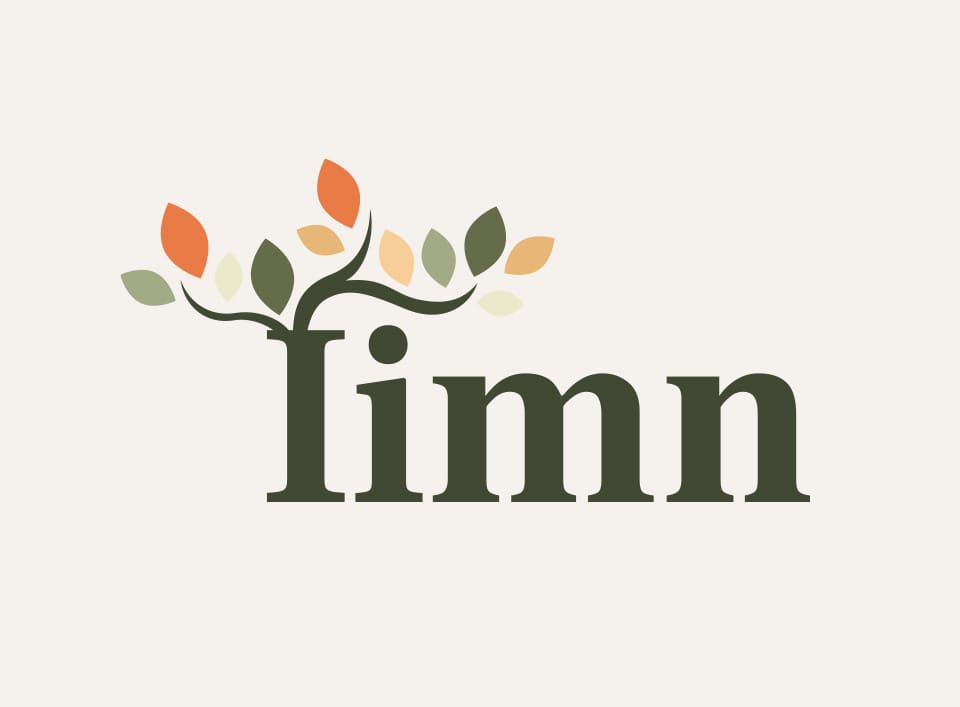Announcement
Institute Special Update: The Crisis in Syria

More than four million Syrians have fled their homes. Over half of these refugees are children.
The U.S. has provided the largest amount of humanitarian aide (four billion dollars) in response to this crisis, but by the end of October, we will have accepted no more than 1,800 Syrians as refugees. Historically, the U.S. has been a leader in refugee resettlement: we have welcomed over half of the refugees resettled worldwide. Germany, however, is leading the charge with their pledge to admit between 20,000 and 800,000 Syrians.
While welcoming refugees is a moral issue, it’s also a wise economic investment.
Did you know Einstein was a refugee? Or that Steve Jobs was the son of Syrians? Learn more about refugees who have made invaluable contributions to the U.S. and global community from the United Nation’s list of prominent refugees. Countless studies illustrate that refugees have a significant positive impact on the economy of the communities that welcome them. Check out these stories from the Atlantic and the McKnight Foundation. The Institute has employed 237 New Americans in the healthcare, hospitality, and other industries for far this year. The average wage for these New Americans is $11.13/hour.
The Crisis in Context
Today, one person in 122 has been driven from their home by war and persecution—the highest number in history. Europe is now facing the highest number of refugees since World War II. The Syrian refugee crisis has gained much-deserved media coverage, but they are just one persecuted group—Afghani, Bhutanese, Congolese, Eritrean, Ethiopian, Iraqi, Karen, Liberian, Somali, and Vietnamese refugees are some of the groups awaiting resettlement. The refugees arriving in the U.S. today have waited for an average of 17 years. Only 1% of refugees worldwide leave the camps for resettlement in a third country every year.
What is the Institute doing?
As a refugee resettlement agency, we provide services to refugees once they arrive in the U.S. In response to calls to resettle more refugees, we have increased our resettlement numbers from 400 to 470 for this fiscal year, which means we will be welcoming 113 refugees this September. To give you some context for this number, we have welcomed an average of 32 refugees a month this year. Our slowest month was February with 11, and our next biggest month was July with 59. Our case managers are working hard to welcome as many refugees as we can.
How can you help?
Educate, Advocate, Volunteer, or Donate today.
Educate
Syrians are refugees—not migrants, not immigrants. A refugee is someone who has fled from his or her home country and cannot return because of a well-founded fear of persecution based on religion, race, nationality, political opinion or membership in a particular social group.
Before coming to the U.S. all refugees receive security clearance by the FBI and State Department and are medically screened by healthcare professionals.
Learn more about the refugee resettlement process from the United States Citizenship and Immigration Services.
Advocate
President Obama’s administration has been considering ways to be more responsive to the global migrant crisis, including refugee resettlement. Thursday afternoon, the president advised congress to accept up to 10,000 refugees in the coming year. Minnesota’s own Senator Klobuchar and Representative Ellison are actively advocating for action—show them your support or encourage your elected officials to take action:
- Find your Minnesota Legislators
- Not from Minnesota? Find your Senators and Representative
- Sign the U.S. Committee for Refugees and Immigrants petition to resettle 100,000 Syrians in 2016.
Volunteer
Welcome refugees in our community by volunteering or interning with the Institute.
We’ve received many offers to temporarily house Syrian refugees, and we are grateful for your generosity and eagerness to help, but we prepare permanent housing for the refugees we resettle before their arrival. What many of our newly arrived families need are diapers and wipes for their infants. If you’re interested in donating diapers or wipes, please contact us at 651-647-0191.
Donate
Support refugees locally through the Institute–donations made before October 31st will be doubled by the Pohlad Family Foundation and private donors. Donate Now.